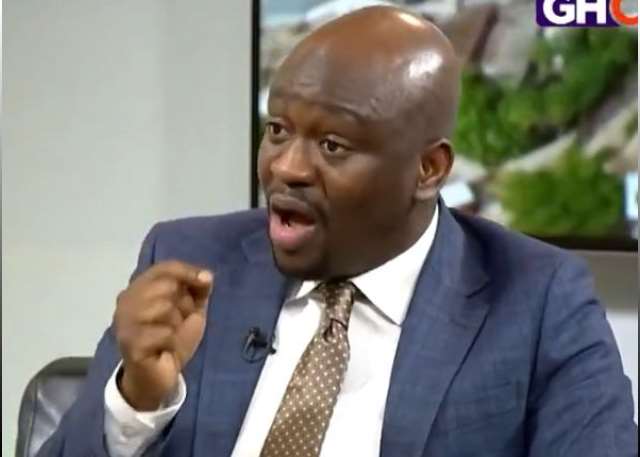The suspension of Chief Justice Gertrude Torkornoo and her subsequent press conference have sparked a heated debate in Ghana, centered on constitutional procedures, judicial ethics, and the balance of power. Hamza Suhuyini, a prominent member of the National Democratic Congress (NDC) Communications Team, has emerged as a vocal critic of the Chief Justice, accusing her of deliberately flouting constitutional norms and ethical obligations. Suhuyini’s central argument revolves around Justice Torkornoo’s decision to hold a press conference addressing the ongoing impeachment proceedings against her, a move he sees as a direct violation of Article 146 of the Constitution. This article mandates that such proceedings be conducted in private and prohibits public commentary while the case is under consideration.
Suhuyini contends that Justice Torkornoo’s actions demonstrate a blatant disregard for established legal processes. He points to her previous attempt to challenge the confidentiality of the proceedings by filing an application with the Supreme Court, seeking to have the hearings open to the public. This application was ultimately dismissed by the Court. Suhuyini argues that the Chief Justice’s subsequent press conference, in which she addressed the details of the petition against her, directly contradicted the Supreme Court’s ruling and undermined the very principle of confidentiality the Court sought to uphold. This, in Suhuyini’s view, constitutes a “rogue” action and a deliberate disregard for the rule of law.
Furthermore, Suhuyini emphasizes the significance of the Chief Justice’s decision to publicly discuss aspects of the case despite the constitutional provision for confidentiality. He characterizes this act as not just a breach of protocol but a deliberate attempt to sway public opinion and undermine the integrity of the impeachment process. By discussing the petition point by point in a public forum, Justice Torkornoo, according to Suhuyini, deliberately circumvented the established legal framework designed to ensure a fair and impartial hearing. This, he argues, further demonstrates a pattern of disregard for the very legal principles she is sworn to uphold.
Suhuyini’s criticism extends beyond the procedural aspects of the case, questioning the Chief Justice’s understanding and interpretation of the Constitution. He contends that her actions reflect a deeper disregard for the foundational principles of judicial conduct and the delicate balance of power within the Ghanaian legal system. By challenging the confidentiality of the impeachment proceedings and subsequently holding a press conference, Justice Torkornoo, in Suhuyini’s view, demonstrated a willingness to prioritize her own interests over the established legal processes designed to ensure impartiality and uphold the integrity of the judiciary.
Moreover, Suhuyini argues that Justice Torkornoo’s actions are not merely a breach of protocol but constitute “stated misbehavior,” providing sufficient grounds for her removal from office. He questions what other actions would qualify as stated misbehavior if not a deliberate and public defiance of constitutional provisions and a Supreme Court ruling. This, he argues, goes beyond mere disagreement or procedural missteps and represents a fundamental challenge to the authority and integrity of the judicial system. He calls for accountability, suggesting that the Chief Justice’s actions should not be tolerated and that appropriate measures must be taken to uphold the rule of law and maintain public trust in the judiciary.
The ongoing controversy surrounding Chief Justice Torkornoo highlights the complex interplay between judicial independence, accountability, and the rule of law. Suhuyini’s strong condemnation of her actions raises fundamental questions about the appropriate conduct of judicial officers, particularly when facing impeachment proceedings. His argument centers on the importance of upholding constitutional principles, respecting established legal procedures, and maintaining the integrity and impartiality of the judiciary, even in the face of personal challenges. The debate underscores the critical need for a robust and transparent judicial system that operates within the bounds of the law and maintains the trust of the public it serves.


